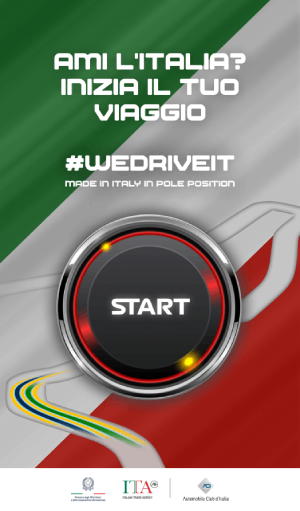Slovak Prime Minister Robert Fico is hospitalized in serious but stable condition following an assassination attempt in Handlova, sparking widespread condemnation and raising concerns about political violence.
 Slovak Prime Minister Robert Fico remains in a stable yet serious condition after undergoing extensive surgery due to multiple gunshot wounds sustained in what is described as a politically charged assassination attempt. The incident occurred in Handlova, a small town where Fico was meeting with supporters outside a cultural centre. According to witnesses, a gunman, reportedly a 71-year-old local writer and political activist, fired at the Prime Minister from close range, hitting him in the stomach and arm.
Slovak Prime Minister Robert Fico remains in a stable yet serious condition after undergoing extensive surgery due to multiple gunshot wounds sustained in what is described as a politically charged assassination attempt. The incident occurred in Handlova, a small town where Fico was meeting with supporters outside a cultural centre. According to witnesses, a gunman, reportedly a 71-year-old local writer and political activist, fired at the Prime Minister from close range, hitting him in the stomach and arm.
The immediate response from Fico’s security detail was swift, with footage showing them carrying a gravely injured Fico to a vehicle and rushing him to F. D. Roosevelt University Hospital in Banska Bystrica. The hospital director, Miriam Lapunikova, has confirmed that after five hours of critical surgery, Fico’s life is no longer in imminent danger, although his condition remains serious.
This attack comes at a tumultuous time for Slovakia, coinciding with parliamentary discussions on controversial reforms, including the proposal to abolish the public broadcaster RTVS. The reform has sparked significant public outcry, with thousands protesting against it in recent weeks. The political climate in Slovakia has been increasingly fraught, with Fico’s divisive policies, especially his stance on ending military aid to Ukraine and sanctions on Russia, stoking further discord.
Interior Minister Matus Sutaj Estoka and other government officials have labeled the shooting as a politically motivated act, pointing fingers at the media and opposition parties for creating a hostile environment. In the wake of the attack, Slovakia’s state security council and the government are scheduled to convene to address this grave incident and its ramifications on the nation’s political stability.
As the country grapples with this act of violence, the international community has extended its support, emphasizing the need for solidarity and the protection of democratic values against such hateful acts. President Zuzana Caputova’s remarks highlight the broader societal implications, connecting the hateful rhetoric prevalent in Slovak politics to the violent outcomes witnessed. As Slovakia reflects on this critical juncture, the road ahead remains uncertain, with calls for peace and rational discourse echoing through the corridors of power.
(Associated Medias) – All rights reserved








